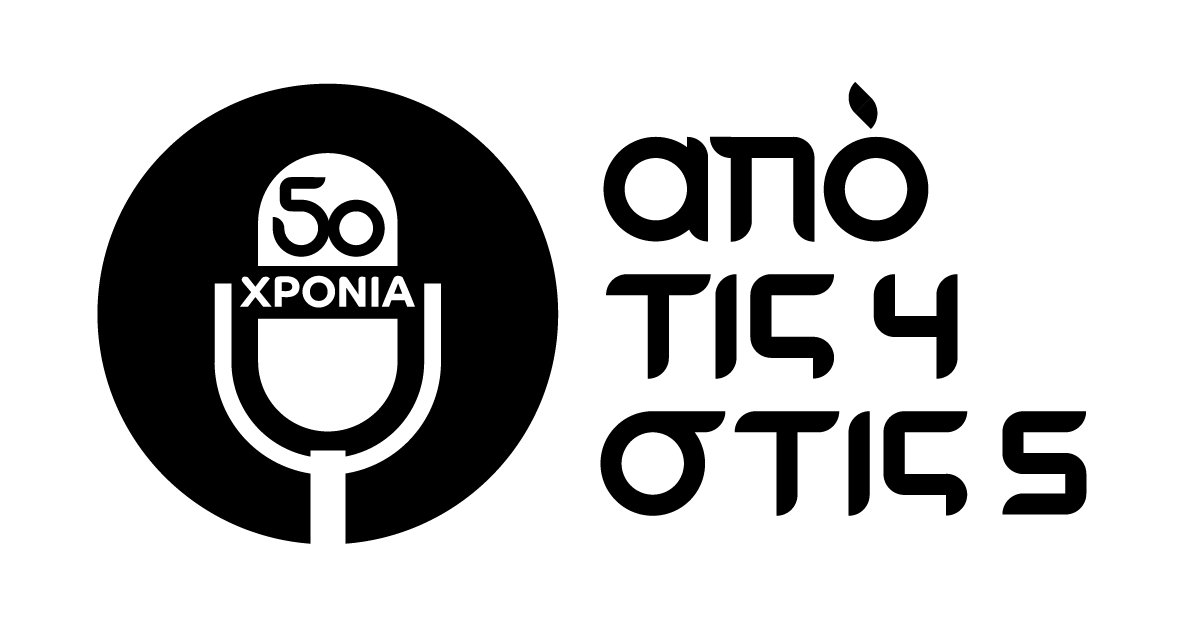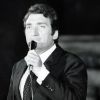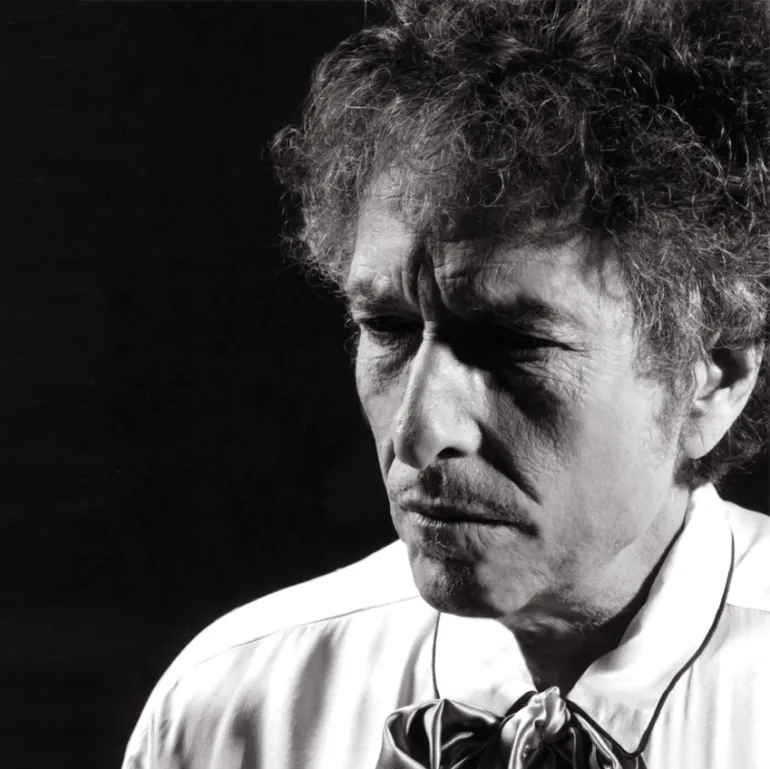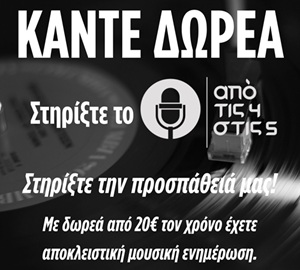Μερικές ώρες μετά την εμφάνιση του τραγουδιού του Dylan που μερικοί χαρακτηρίζουν σαν το κύκνειο άσμα του, το χαρακτηρίσουμε σαν αριστούργημα πριν πάρει οποιοσδήποτε θέση σε όλο τον πλανήτη.
Τώρα ο Nick Cave απαντώντας σε επιστολή φίλων του, λέει ότι τον ταρακούνησε και ελπίζει να μην είναι το τελευταίο του τραγούδι, ενώ επισημαίνει το πώς οι τραγωδίες που συμβαίνουν επηρεάζουν την ζωή των ανθρώπων και στις τέχνες.
Dear Douglas, David, Emilia and Annie,
Many other people have also written in about Bob Dylan’s new song, ‘Murder Most Foul’ — and the interest is justifiable. It is a perplexing but beautiful song and, like many people, I have been extremely moved by it.
At the heart of this seventeen-minute epic is a terrible event, the assassination of JFK — a dark vortex that threatens to pull everything into it, just as it did in the USA back in 1963. Whirling around the incident Dylan weaves a litany of loved things — music mostly — that reach into the darkness, in deliverance. As the song unfolds he throws down lifeline after lifeline, insistent and mantra-like, and we are lifted, at least momentarily, free of the event. Dylan’s relentless cascade of song references points to our potential as human beings to create beautiful things, even in the face of our own capacity for malevolence. ‘Murder Most Foul’ reminds us that all is not lost, as the song itself becomes a lifeline thrown into our current predicament.
The instrumentation is formless and fluid and very beautiful. Lyrically it has all the perverse daring and playfulness of many of Dylan’s great songs, but beyond that there is something within his voice that feels extraordinarily comforting, especially at this moment. It is as though it has travelled a great distance, through stretches of time, full of an earned integrity and stature that soothes in the way of a lullaby, a chant, or a prayer.
As for whether this is the last time we will hear a new Bob Dylan song. I certainly hope not. But perhaps there is some wisdom in treating all songs, or for that matter, all experiences, with a certain care and reverence, as if encountering these things for the last time. I say this not just in the light of the novel coronavirus, rather that it is an eloquent way to lead one’s life and to appreciate the here and now, by savouring it as if it were for the last time. To have a drink with a friend as if it were the last time, to eat with your family as it were the last time, to read to your child as if it were the last time, or indeed, to sit in the kitchen listening to a new Bob Dylan song as if it were the last time. It permeates all that we do with greater meaning, placing us within the present, our uncertain future, temporarily arrested.
Annie, I was reading a poem today which very much resonates — it is by the beloved English poet Stevie Smith, who has given me much pleasure over the years.
I Do Not Speak
I do not ask for mercy for understanding for peace
And in these heavy days I do not ask for release
I do not ask that suffering shall cease
I do not pray to God to let me die
To give an ear attentive to my cry
To pause in his marching and not hurry by
I do not ask for anything I do not speak
I do not question and I do not seek
I used to in the day when I was weak
Now I am strong and lapped in sorrow
As in a coat of magic mail and borrow
For Time today and care not for tomorrow
Much love, Nick










